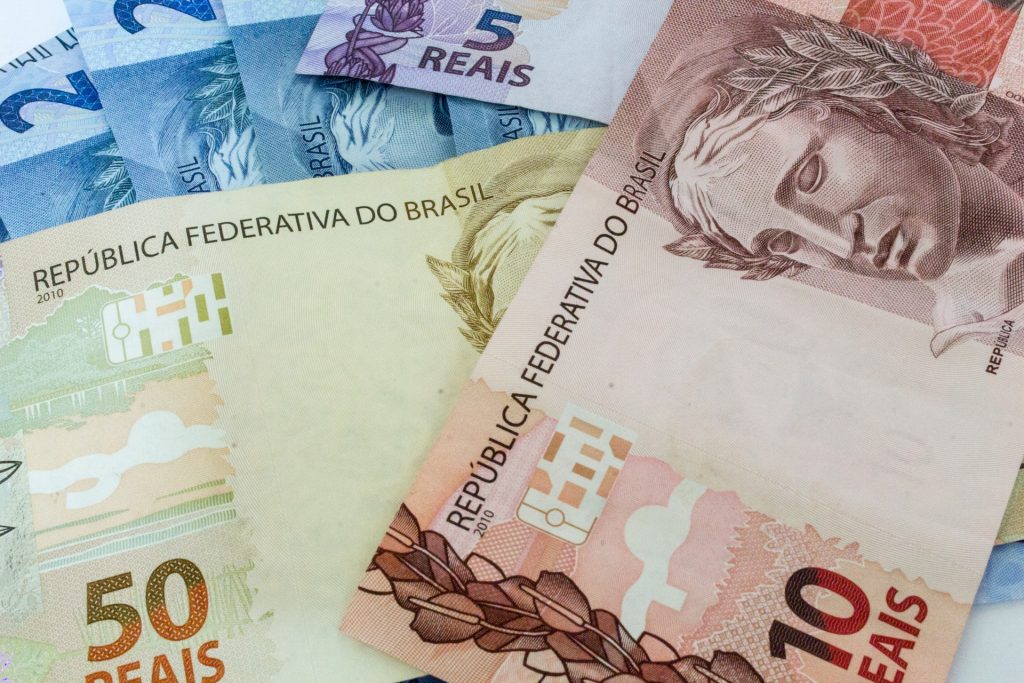
Brazil’s central bank (BCB) has proposed new rules for the forex sector that may place further restrictions on the country’s crypto exchanges.
The Brazilian media outlet Livecoins reported that the BCB has released a public consultation paper calling for feedback on its proposals.
Forex Rules: Crypto Exchanges to Feel Effect?
These proposals focus mainly on Forex platforms, known as eFX in Brazil (short for electronic foreign exchange).
In fact, the bank did not make any direct reference to crypto exchanges in its proposals, nor to crypto transactions.
But, in their current form, the rules would impact crypto exchange platforms that allow their customers to make international transfers or sell coins for fiats other than the Brazilian real.
The BCB is keen to move the largely unregulated Forex industry under its supervisory umbrella.
Its proposals include forcing existing and new Forex providers to apply for regulatory permits.
Forex platforms would also have to submit data on their clients’ transactions and use designated on/off ramps for client withdrawals and deposits.
Furthermore, the proposals advocated capping individual transactions at a value equivalent to $10,000.
And the BCB wants to oblige forex platforms to boost their transparency criteria, displaying the real and full cost to customers of each individual transaction they make.
Crypto exchanges that allow their customers to make transfers to international accounts “may also be affected,” the media outlet warned.
The rules would also have an impact on crypto exchanges that operate from outside Brazil, with traders also potentially limited by $10,000 transaction caps.

Crypto’s Rising LATAM Appeal
The outlet noted that the proposals “do not address” investment functions on eFX platforms, but instead focus “only on currency transactions.”
The consultation period runs until November 2, the bank wrote in its document.
Crypto’s popularity continues to rise rapidly in Brazil and the wider Latin America region. Citizens in Venezuela and Argentina have turned to stablecoins like USDT en masse in a bid to stave off inflation.
And Nubank, Brazil’s largest neobank, this month unveiled plans to pilot a stablecoin-based payment platform.





